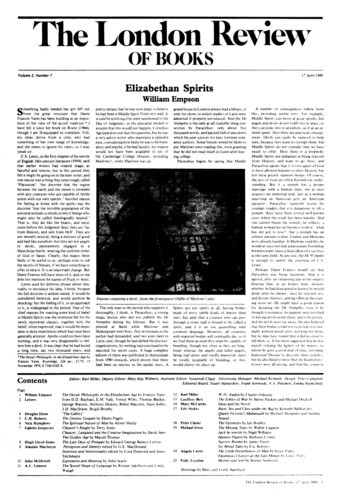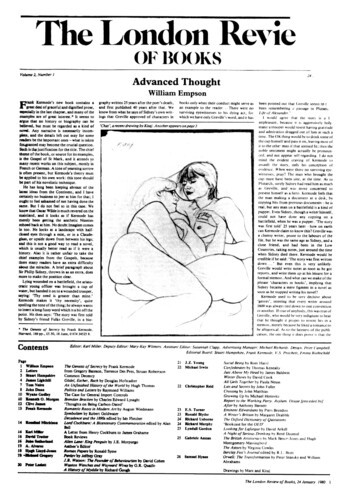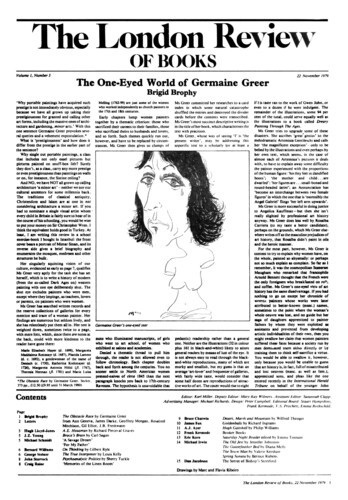Feet on the mantelpiece
Hugh Lloyd-Jones, 21 August 1980
Until the 18th century modern Europe had in the main seen Ancient Greece through Latin spectacles. Important advances in Greek studies had been made, but their effect had been restricted, since few were able to read the language easily – in particular, the difficult language of the greatest writers. The first country in which serious efforts were made to see Ancient Greece directly was Germany. The efforts would hardly have been possible without the work of scholars, some of whom were able both to advance the knowledge of the Ancient world and to communicate their learning and enthusiasm to others, but the spreading of enthusiasm was to a greater extent the work of creative writers, among whom Lessing, Goethe and Schiller played a leading part. These men assumed that Ancient literature, as well as Ancient art, were directly accessible to modern minds, and produced masterpieces to which their study of Ancient masterpieces made an obvious contribution. Greek art and literature inspired in them an enthusiasm comparable with that which the men of the Italian Renaissance had felt for Roman art and literature, or for Greco-Roman culture in general, and their approach to it was not yet conditioned by the historical sense which succeeding generations were to develop.





